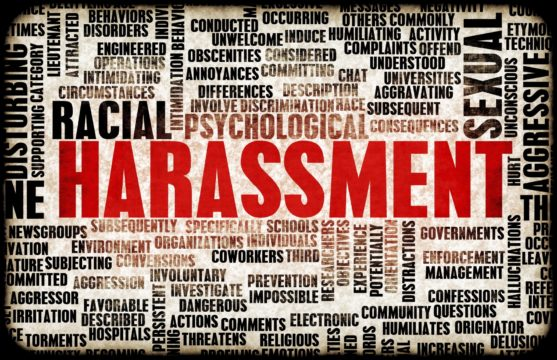Author: Tracey Young. (May 3, 2021). Advocacy: Personal Boundaries and Our Health Care Information When People Ask Us Intrusive Questions. Canadian Advocacy Centre for Health, Safety and Justice. Retrieved from: https://canadianadvocacycentre.blogspot.com/2021/05/advocacy-personal-boundaries-and-our.html.
Introduction
Personal boundaries appear to have taken a pretty big hit over this last year, especially when it comes to our personal, confidential, and private health care information. The inspiration for this article, which I first published on Facebook in a shortened form, was a recent interaction I overheard in my neighbourhood. One male neighbour asked the other if they had received the COVID-19 injection, or "the jab" as many of us are calling it. This was two men, who just happened to come across each other as one was walking by. I could overhear this conversation as I was working in my yard. I found this quite shocking and mind boggling. In my experience, men generally have stronger boundaries and more reluctance to ask, or offer personal information to others, especially that which involves their health.
Since COVID-19 injections began scaling up, I have had total strangers ask me if I had received the jab, or would be doing so. This was quite shocking and offensive to me -- that someone who is a complete stranger feels entitled to ask me (or anyone else) information that is personal, private, and confidential in such a casual manner. The boundary violation is usually made worse because these conversations are taking place in public too.
I have also had people discuss their discomfort, feelings of awkwardness, and social pressure about how to deal with these kinds of intrusive questions. As a social worker, and former therapist, it was required to openly discuss the boundaries (and limitations) of confidentiality. This would also include how I would be keeping my clients, or patients, personal and private information confidential, secure, and protected.
Over this last year, and especially since the injections started, I realized that personal boundaries have been shifted for many. I also realized that a lot of us don't feel empowered to set limits and boundaries to what we feel comfortable sharing with others. Setting and communicating our personal boundaries to others are actins of self-advocacy, self-care, and self-love. We are allowed to keep things to ourselves, especially about our personal health and decisions around our health -- including whether we are planning to get the jab, or if we have had it, or don't plan to get it. We all have a right to make decisions by doing a risk-benefit analysis about a particular health intervention, and exercising Informed Consent. See a graphic below for more information about his.
Coaching Tips for Personal Boundaries Around Health Care Matters
Funny Way to Think About Personal Boundaries
I was thinking about how silly it is to ask people about their personal health decisions and procedures, and how to highlight how ridiculous it is to think this is being normalized, or that it's appropriate to crash peoples' personal boundaries. I thought about some funny ways to equate this to getting the jab. Imagine you're walking along the street and someone asked you one of these questions. 😁
Copyright © 2020-2021.Tracey Young/Canadian Advocacy Centre for Health, Safety and Justice. All Rights Reserved.
_____________________________________________
#InformedConsent #selfcare #selflove #healthsovereignty #advocacy #selfadvocacy #sovereignty






No comments:
Post a Comment